AI Governance Certification in 2025
When I first looked into AI governance, I had one simple question: “Who makes sure AI doesn’t go off the rails?” From recommendation algorithms to healthcare diagnostics, AI is making decisions that deeply impact lives — and someone needs to ensure it’s being used responsibly.
That’s where AI governance certifications come in. In 2024 alone, over $200 billion was invested in AI development globally (source: Statista), but only a fraction of that effort goes into oversight and governance. This imbalance creates a huge career opportunity — not just for coders, but for policy experts, compliance pros, and business leaders.
If you’re someone who believes in ethical tech, or if you’re working at a company exploring generative AI tools, getting certified in AI governance and compliance could be your smartest move this year.
🔐 Why AI Governance Certification Matters (My Take)
As someone who’s been exploring the AI space hands-on—building tools, researching ethical frameworks, and talking with other founders and developers—I’ve realized something big: anyone working with AI today needs to deeply understand governance. Not just to check boxes, but to actually build trustworthy, responsible systems that users and businesses can rely on.
When I first started building AI tools, I focused only on functionality and innovation. But the more I worked on real-world projects, the more I saw how things like bias, data privacy, explainability, and regulatory compliance can make or break an AI solution. Clients began asking tough questions:
“How do you ensure your AI isn’t biased?”
“Are your systems compliant with GDPR or upcoming AI laws?”
“Can we trust your outputs?”
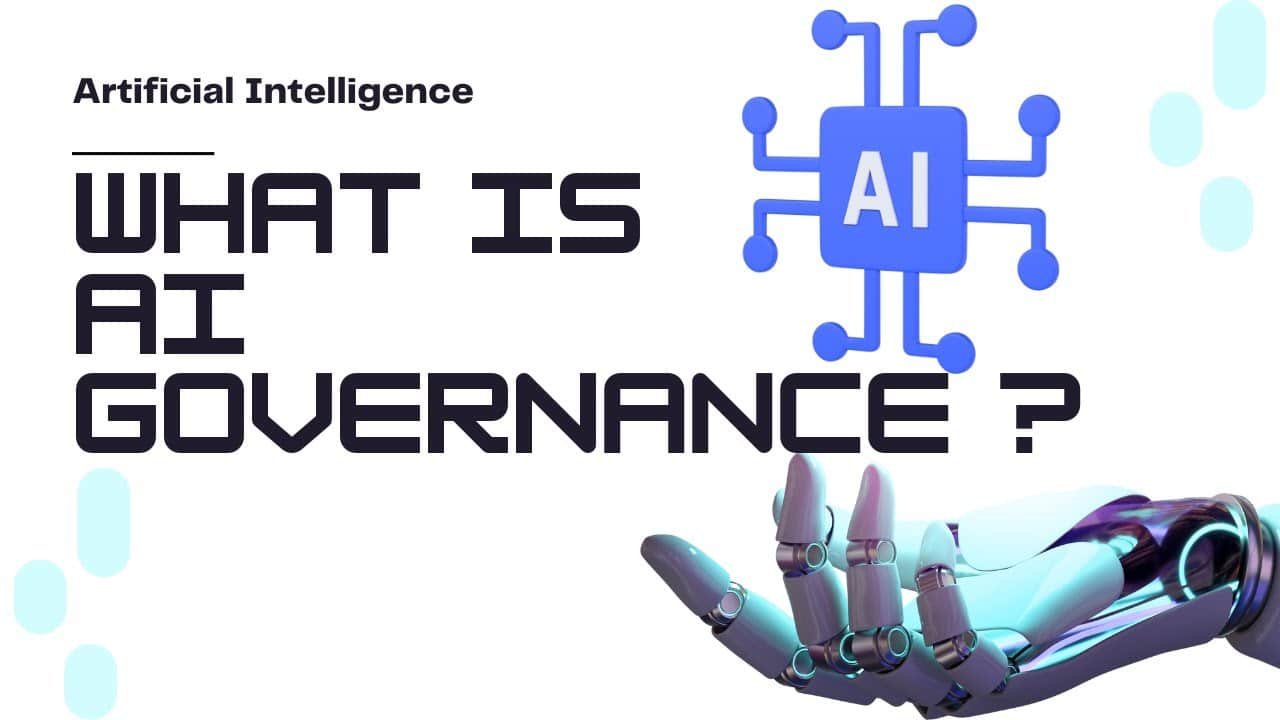
At first, I didn’t have solid answers. That’s when I started digging into governance—and trust me, the learning curve is real. But the value? 100% worth it.
🚨 AI Governance Isn’t Just “Nice to Have”—It’s Becoming Mandatory
Governments and industries are rapidly rolling out regulations. The EU AI Act is set to be a game-changer, especially for anyone dealing with high-risk systems like facial recognition, medical diagnostics, or financial tools. Then there’s the NIST AI Risk Management Framework, which provides a practical way to evaluate risk and trust in AI models. Even big tech companies are being held accountable.
If you’re building AI without understanding governance, it’s like flying blind.
💼 Certifications Are Your Competitive Edge
That’s why I believe certifications in AI ethics, compliance, and governance are now more than just resume boosters—they’re signals. They show:
You take accountability seriously
You understand the rules of responsible AI
You can build AI products that are not just smart—but safe and ethical
Programs like the AI Governance Professional (AIGP) or even in-depth courses on Responsible AI from Microsoft or Coursera have helped me turn theory into practice.
👣 My Journey So Far
For me, getting deeper into governance helped me:
Win trust with clients faster
Design better models with less bias
Speak the language of compliance and risk, especially when talking to enterprise teams
If you’re serious about growing your AI agency or startup in 2025 and beyond, governance can’t be an afterthought. It’s the foundation for building AI that lasts.
🤔 Most Asked Questions About AI Governance Certification
Q1. How can I become certified in AI governance?
You can enroll in an AI governance certification program (online or in-person) offered by institutions like CertNexus, IEEE, or private organizations like CertifyMe.
Q2. What topics are covered in AI governance certification programs?
Topics usually include AI ethics, bias mitigation, compliance frameworks (NIST, OECD, EU AI Act), AI risk management, and explainable AI (XAI).
Q3. What are the benefits of getting certified in AI governance?
Boost career credibility
Qualify for jobs requiring AI governance certification
Lead trustworthy AI systems deployment
Align with ethical AI principles
Command higher salary expectations with an AIGP certification
Q4. Are there online options for AI governance certification programs?
Yes! Many offer affordable certifications in AI ethics and compliance through self-paced or instructor-led online formats.
🎯 Who Needs AI Governance Certification?
Industries that are rapidly adopting AI—like healthcare, finance, cybersecurity, and marketing—are already demanding professional certifications in AI ethics and accountability.
Roles that benefit from certification:
1. Data Scientists & Machine Learning Engineers
Data scientists and ML engineers are the architects of AI models, making it essential for them to understand the ethical implications of their work. With AI governance knowledge, they can ensure that their models are fair, transparent, and free from bias.
My experience: As a developer, I initially focused solely on model accuracy. But once I started delving into AI governance, I realized that ensuring fairness and mitigating bias was just as important. Governance certifications helped me refine my models to not only perform well but also align with ethical standards.2. AI Product Managers
AI product managers oversee the development and deployment of AI-driven products. Their role often intersects with both engineering teams and stakeholders, making governance a key aspect of their job.
My experience: AI product management isn’t just about driving the product vision. It’s about aligning the product with industry standards and regulations. Governance certification equipped me with the tools to ensure that the AI products I managed were both innovative and responsible.3. Compliance Officers & Legal Professionals
With the rise of AI regulations like GDPR and the EU AI Act, compliance officers and legal professionals need to be at the forefront of AI governance. They are responsible for ensuring that AI systems comply with both local and international laws.
My experience: In my work, I’ve found that clients increasingly ask questions about AI’s compliance with legal standards. With AI governance certification, I can engage in those conversations confidently, knowing that I understand the intricate details of these regulations.4. Policymakers
As AI continues to advance, policymakers need to craft and enforce laws that govern its use. They need a solid understanding of both the technical aspects of AI and the societal implications it has.
My experience: While I’m not a policymaker myself, I’ve seen first hand how quickly regulations are evolving. Understanding the regulatory landscape through governance certifications has helped me advise clients who are navigating these changes.5. Corporate Executives in Tech & Innovation
Executives need to understand the bigger picture of AI governance. As organizations move toward AI integration, senior leaders must ensure that their AI initiatives align with both ethical standards and business goals.
My experience: As a founder, I learned that knowing the ins and outs of AI governance gave me an edge in discussions with investors and potential partners. They want to know that AI systems won’t just be ground breaking but also ethical and compliant.
📚 Top AI Governance Certification Programs in 2025
Below are the top AI governance certifications in 2025, along with explanations, my experience, and why they matter in the rapidly changing landscape of AI development. I’ve also included whether each certification is free or paid.
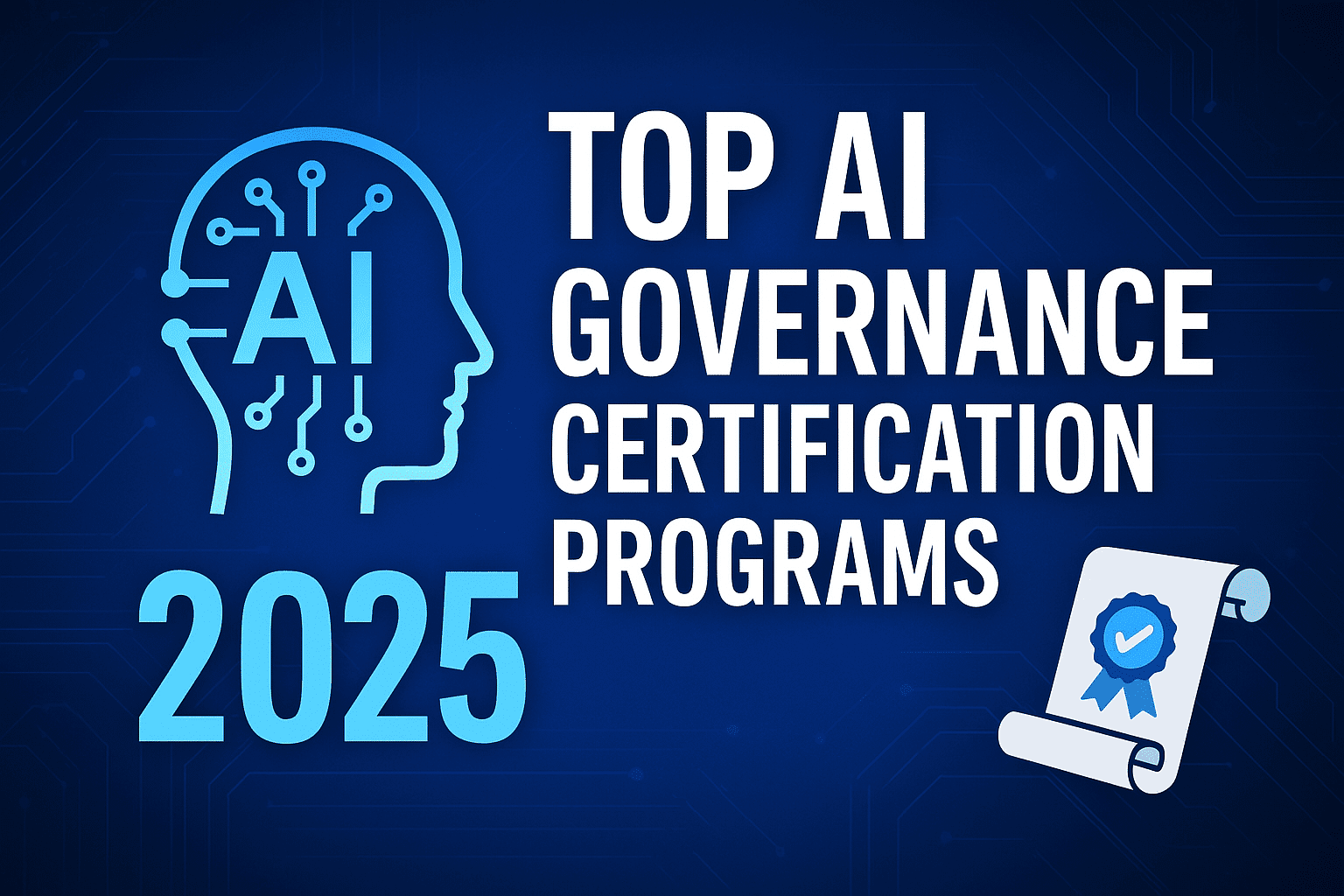
AI Governance Professional (AIGP)
Link: AI Governance Professional Certification
PaidThe AI Governance Professional (AIGP) certification is a comprehensive program that dives into the ethical standards, risk management, and compliance necessary for AI development. It focuses on real-world applications and regulations like GDPR, AI ethics, and more.
Why it matters: This certification helped me understand the nuances of AI governance and gave me the tools to build ethical, transparent AI solutions.
Cost: Typically around $500–$800 for the full program.
Certified Ethical Emerging Technologist (CEET)
Link: Certified Ethical Emerging Technologist
PaidThe CEET certification offered by the IAPP focuses on the ethical implications of emerging technologies, particularly in AI. It’s an excellent choice for professionals involved in tech development, as it emphasizes privacy, fairness, and reducing bias.
Why it matters: This certification sharpened my focus on privacy and fairness—key factors that I encountered while designing AI models.
Cost: Around $350–$500 for the exam.
AI Ethics Certification (University of California, Berkeley)
Link: AI Ethics Certification by UC Berkeley
PaidUC Berkeley’s AI Ethics Certification is a deep dive into AI’s ethical challenges, including fairness, transparency, and the societal impact of AI.
Why it matters: The knowledge gained from this course has been essential in making ethical decisions while designing AI systems.
Cost: Typically $1,500–$3,000 for the course.
NIST AI Risk Management Framework Certification
Link: NIST AI Risk Management Framework
FreeThe NIST AI Risk Management Framework certification offers a structured approach to evaluating AI risks. It’s a fantastic resource for professionals looking to understand risk in AI systems and how to manage it effectively.
Why it matters: This free certification has helped me evaluate and mitigate risks early in the design phase, which has been invaluable in my AI projects.
Cost: Free
Microsoft Responsible AI Certification
Link: Microsoft Responsible AI Certification
PaidMicrosoft’s Responsible AI Certification focuses on ensuring that AI systems are designed and deployed ethically. The program highlights issues like fairness, transparency, and regulatory compliance.
Why it matters: This certification was instrumental in refining my AI models to ensure they comply with ethical standards and best practices.
Cost: Around $100–$200 per module.
Coursera AI for Everyone
Link: Coursera AI for Everyone
Free (Certificate requires a paid subscription)Coursera’s AI for Everyone is a fantastic introductory course led by Andrew Ng. While it doesn’t focus solely on governance, it provides a good foundation in AI and its societal implications.
Why it matters: It helped me understand the basics of AI before diving into the more complex governance and ethical topics.
Cost: Free to audit; $49 for a certificate upon completion.
Data Privacy and Security Certifications (e.g., CIPP, CIPM)
Link: Data Privacy Certification
PaidData privacy certifications like CIPP (Certified Information Privacy Professional) and CIPM (Certified Information Privacy Manager) focus on privacy laws, data protection, and compliance with global standards such as GDPR.
Why it matters: These certifications have been crucial in ensuring that the AI systems I work on comply with data privacy regulations.
Cost: Typically $500–$1,000 depending on the certification.
Artificial Intelligence & Ethics Certification (Stanford University)
Link: Stanford AI Ethics Certification
PaidStanford’s AI Ethics Certification delves into the ethical implications of AI technologies, discussing topics like fairness, accountability, and transparency.
Why it matters: This course has equipped me with a strong framework to think critically about the broader societal impact of AI.
Cost: Around $2,000–$3,000 for the course.
AI/ML Security Certifications (e.g., Certified Secure AI Professional)
Link: Certified Secure AI Professional
PaidThe Certified Secure AI Professional (CSAIP) certification focuses on securing AI models and machine learning systems from cyber threats, making it essential for those working with security-sensitive AI applications.
Why it matters: With the increasing threats to AI systems, this certification helped me focus on making my AI solutions more robust against attacks.
Cost: Around $400–$800.
EU AI Act Compliance Training
Link: EU AI Act Compliance Training
Paid
As the EU AI Act nears its full implementation, this compliance training ensures that AI professionals are prepared to meet the regulations it will enforce.
Why it matters: Understanding the EU AI Act is vital for anyone working with AI in Europe. This training has given me a head start in preparing for compliance.
Cost: Varies depending on the provider, but generally ranges from $300 to $700.
| Certification Name | Provider | Focus Areas | Cost |
|---|---|---|---|
| AI Governance Professional (AIGP) | Various | Ethical standards, risk management, compliance | Paid ($500–$800) |
| Certified Ethical Emerging Technologist (CEET) | IAPP | Privacy, fairness, bias reduction | Paid ($350–$500) |
| AI Ethics Certification | University of California, Berkeley | Ethical challenges in AI (fairness, transparency) | Paid ($1,500–$3,000) |
| NIST AI Risk Management Framework Certification | NIST | Risk management, AI model evaluation | Free |
| Microsoft Responsible AI Certification | Microsoft | Responsible AI development, fairness, transparency | Paid ($100–$200) |
| Coursera AI for Everyone | Coursera (Andrew Ng) | Basic AI understanding, ethical implications | Free (Paid for certificate) |
| Data Privacy and Security Certifications (CIPP, CIPM) | IAPP | Privacy laws, data protection, GDPR compliance | Paid ($500–$1,000) |
| Artificial Intelligence & Ethics Certification | Stanford University | Ethical implications of AI technologies | Paid ($2,000–$3,000) |
| Certified Secure AI Professional (CSAIP) | Various | AI/ML security, threat protection | Paid ($400–$800) |
| EU AI Act Compliance Training | Various | AI Act compliance, regulatory requirements | Paid ($300–$700) |
🧠 Preparing for AI Governance Certification Exams – My Approach
As AI governance becomes a cornerstone of responsible AI development, many professionals are eager to obtain certifications like the AI Governance Professional (AIGP) to enhance their credibility and expertise. However, preparing for these exams can feel overwhelming—especially with the vast amount of information and frameworks you need to grasp. From understanding AI risk management frameworks to learning how to mitigate bias, the journey to certification is both rewarding and challenging.
Having gone through this process myself, I’ve learned that the key to success lies in a structured approach. Let me share my step-by-step guide for preparing for AI governance exams—whether you’re aiming for the AIGP or other similar certifications. By following these tips, you’ll be well-equipped to tackle the exam and gain the knowledge you need to build ethical, accountable, and legally-compliant AI systems.
1. Review Key AI Governance Frameworks
AI governance is rooted in several established frameworks and guidelines that form the backbone of responsible AI practices. Understanding these frameworks is crucial for any certification exam, and here’s where to start:
NIST AI Risk Management Framework (AI RMF): This framework provides practical guidance for managing the risks associated with AI systems, ensuring they align with ethical principles like fairness, transparency, and accountability. As someone who’s worked with AI models, I can’t stress enough how important this framework is in guiding the development of risk-aware systems.
EU AI Act: The EU’s regulations are setting global standards for AI governance, especially concerning high-risk AI systems. It focuses on areas like human oversight, transparency, and the mitigation of discrimination. I’ve found that staying updated on these regulations has helped me stay ahead in my own AI projects.
OECD AI Principles: These principles offer a global perspective on ensuring AI is trustworthy and aligns with ethical standards. They cover areas like safety, transparency, and inclusivity, and I’ve seen how adopting these principles in my work has helped create more reliable and fair systems.
By familiarizing yourself with these frameworks, you’ll be able to answer exam questions on risk management, AI ethics, and regulatory compliance with confidence. Make sure to break down each framework into digestible sections and understand how they apply to real-world AI applications.
2. Study Case Studies of AI Bias Mitigation and Explainability
One of the most critical areas of AI governance is ensuring that AI models are fair, unbiased, and explainable. In the real world, biases in AI can have serious consequences, from reinforcing stereotypes to making inaccurate predictions that harm certain groups of people. Understanding how to mitigate bias and make AI systems more explainable is essential for any AI governance professional.
AI Bias Mitigation: I’ve worked on projects where addressing bias was a top priority. From using fairness-aware algorithms to analyzing datasets for potential bias, there are several techniques that can help. I recommend studying real-world case studies where companies have successfully reduced bias in their models.
AI Explainability: Explainability goes hand-in-hand with fairness. It’s about making sure AI’s decisions can be understood and trusted by both end-users and developers. Tools like LIME and SHAP have been invaluable to me in explaining complex AI models in a way that’s both transparent and comprehensible.
Incorporating case studies into your study plan will help you better understand the practical challenges and solutions in the field of AI governance. It will also help you relate theory to practice, which is vital for both the exam and real-world AI development.
3. Practice with Sample Exams and Free Resources
One of the best ways to prepare for the AIGP or other AI governance certifications is to take practice exams. These exams will help you familiarize yourself with the format, timing, and types of questions you can expect. Practicing with sample questions also helps you identify any gaps in your knowledge.
Free Resources: There are plenty of free resources available online to help you prepare for certification exams. Websites like Coursera and edX offer free courses on AI ethics, governance, and compliance. I’ve personally used these platforms to fill in knowledge gaps and gain insights from experts in the field.
Sample Questions and Mock Exams: Some certification programs offer sample questions or mock exams that simulate the real test. Take full advantage of these resources to gauge your preparedness. While studying, try to test your knowledge by taking mock exams under timed conditions to simulate the actual exam environment.
Mock exams not only help you assess your knowledge but also help build your confidence. Trust me—by practicing regularly, you’ll know exactly where you stand.
4. Join Forums and Communities Focused on Ethical AI Certification
Learning doesn’t happen in isolation. Over the years, I’ve realized that connecting with other AI professionals—whether through forums, online communities, or certification study groups—can make a huge difference. These spaces allow you to exchange ideas, discuss complex topics, and learn from others’ experiences.
Discussion Forums and Online Communities: Platforms like LinkedIn, Reddit, and specialized forums offer great opportunities to connect with like-minded individuals. Many of these communities have specific groups for AI governance, where you can ask questions, share resources, and learn from others’ experiences.
Study Groups: Consider joining a study group or finding a study partner. This collaborative approach has been one of the most effective ways for me to reinforce key concepts and discuss difficult topics. Plus, you’ll have a support system as you prepare for the exam.
AI governance is a constantly evolving field, and staying connected with the community ensures that you remain updated on the latest developments, best practices, and emerging trends. Joining forums and communities will not only help you prepare but also strengthen your understanding and network within the field.
📈 Career Impact and Salaries – AI Governance Certifications Opens Door to….
AI governance certifications aren’t just about expanding your knowledge—they can significantly boost your career prospects and salary potential. As businesses and governments worldwide increase their focus on the ethical and responsible use of AI, having a certification in AI governance has become a valuable asset. From policy advisors to compliance officers, professionals with AI governance expertise are in high demand, and here’s why:
Roles You Can Land with an AI Governance Certification
1. AI Policy Advisor
As an AI policy advisor, your role would involve helping governments, businesses, and organizations navigate the complexities of AI regulation and policy. This includes crafting guidelines to ensure AI systems are used responsibly and ethically. With the increasing importance of AI regulation, particularly with frameworks like the EU AI Act, this position has seen rapid growth in demand. I’ve seen firsthand how this type of role allows professionals to shape the future of AI regulations.
2. AI Compliance Analyst
AI compliance analysts focus on ensuring that AI systems comply with relevant laws, regulations, and ethical standards. This role is crucial as more companies adopt AI technology and need to adhere to privacy laws, bias mitigation frameworks, and transparency requirements. For anyone with an AI governance certification, this is a natural career progression—especially given how essential compliance is in today’s data-driven world.
3. Ethical AI Consultant
Companies are increasingly turning to consultants to help them build AI systems that align with ethical principles like fairness, accountability, and transparency. Ethical AI consultants work on a variety of issues, such as reducing bias in algorithms, improving explainability, and ensuring privacy protection. I’ve worked with clients who have leaned heavily on ethical AI consultants to guide them through regulatory frameworks and ethical challenges in their AI implementations.
4. Risk and Compliance Manager
In this role, you’ll be responsible for identifying, assessing, and mitigating risks in AI systems. This includes ensuring AI models are compliant with both internal standards and external regulations. Risk and compliance managers are vital in any organization that’s dealing with sensitive AI applications, such as those in healthcare, finance, and security. Companies are increasingly recognizing the need for professionals in this space, especially as AI becomes more integral to business operations.
Salary Expectations with AI Governance Certifications
One of the biggest advantages of earning an AI governance certification is the potential for higher salaries. According to industry reports and my personal experience, professionals with a certification like AIGP (AI Governance Professional) or those who specialize in ethical AI often command higher salaries compared to their non-certified counterparts.
For example, roles like AI Policy Advisor and Ethical AI Consultant are not only in high demand but also come with higher salary expectations due to the specialized nature of the work. As companies invest more in AI regulatory compliance, professionals who can navigate the complexities of AI governance are seen as valuable assets.
AI Policy Advisors typically earn between $100,000 and $160,000 annually, depending on the level of expertise and the organization’s location. In high-demand regions or at top tech companies, this can go even higher.
AI Compliance Analysts can expect to earn $90,000 to $150,000 annually, especially in industries like finance or healthcare that require stringent compliance measures.
Ethical AI Consultants are among the top earners, with salaries ranging from $120,000 to $200,000, depending on experience, the size of the company, and the complexity of the AI systems involved.
Risk and Compliance Managers working in AI governance typically earn between $110,000 and $180,000, with the potential for bonuses and stock options, especially at larger tech firms.
These figures are only expected to rise as more organizations prioritize AI regulation and governance. So, while the upfront cost of certification might seem like an investment, the potential return—in terms of career advancement and salary—can be substantial.
Why This Certification Is Worth It
As someone who’s been actively working in the AI field, I can confidently say that the certification I obtained in AI governance was one of the best career decisions I’ve made. It not only deepened my understanding of ethical AI practices but also opened up new job opportunities that I hadn’t considered before. Whether it’s for gaining greater job security, career growth, or increased earning potential, AI governance certifications are an investment that can significantly shape your future.
By acquiring this certification, you’re showing employers that you’re serious about building AI systems that are not just functional but also ethical, transparent, and in line with the latest regulations. And in today’s world, that’s exactly what many companies are looking for.
In conclusion, AI governance certifications are not only an effective way to gain deeper insights into the ethical, legal, and regulatory aspects of AI but also an excellent way to boost your career trajectory. The salary potential is just one part of the equation—these certifications give you the tools and credibility to lead the charge in ensuring that AI is developed and used responsibly. Whether you’re just starting or looking to advance your career in AI, the value of these certifications can’t be overstated.
💡 Choosing the Right AI Governance Certification – My Take
If you’re feeling overwhelmed by the sheer number of AI governance certifications out there, trust me, you’re not alone. When I first started considering these certifications, I found myself asking, Which one is the best fit for me? The right choice depends on where you are in your career, your specific goals, and the particular challenges you want to address in your AI work.
Over the years, I’ve learned that selecting the right certification isn’t just about picking the one with the best reputation—it’s about understanding which one aligns with your career trajectory and the practical needs of your current or future job roles. Here are some things to consider, based on my experience.
Read this as well :
AI Agency Guide 2025: Top 20 Best AI Agent Companies in the USA
1. Scope of Topics – What Do You Want to Learn?
Different AI governance certifications cover different areas of focus. Some dive deep into the technical aspects of AI and machine learning, while others emphasize the ethical, legal, or regulatory sides. For instance, if you’re working on cutting-edge AI projects that involve generative AI, data privacy, or algorithmic transparency, you’ll want a program that provides detailed coverage of these topics.
Personally, I’ve found that certifications like AIGP (AI Governance Professional) are great for professionals with experience who want a comprehensive look at governance across various domains of AI. These programs cover everything from AI risk management to ensuring transparency and fairness in AI systems.
On the other hand, some certifications are more focused on specific niches—like GDPR compliance or AI explainability—so you’ll need to decide which area you want to specialize in, depending on your career goals. For example, if you work in healthcare AI, an understanding of medical AI compliance might be more valuable than a broader governance overview.
2. Format – How Do You Learn Best?
The format of the certification program can make a huge difference in your learning experience. Some certifications are self-paced online courses, while others might offer live workshops or in-person training. For me, self-paced programs were a better fit because of my schedule and preference for learning on my own terms. However, if you thrive in a collaborative environment and like real-time interaction, live sessions might be a better choice for you.
If you’re working on projects while learning, a self-paced, online format is usually the most flexible. I personally took some programs through Coursera and Microsoft that let me balance work and study, which I found to be incredibly helpful. On the other hand, if you’re the kind of person who needs the structure and support of an instructor or peers, look for options with live, instructor-led sessions.
3. Recognition – Will It Help You in Your Industry?
This is one of the most important factors when choosing a certification. I’ve seen firsthand that the recognition of a certification plays a big role in how valuable it is to employers. Some certifications, like the AI Governance Professional (AIGP) or the Certified Ethical Emerging Technologist (CEET), have broad industry recognition, meaning they’re respected by both tech companies and regulatory bodies. If your goal is to work in enterprise AI governance or policy advising, a well-recognized certification can make a big difference in getting hired or promoted.
However, certain certifications are more niche and may be better suited for specific industries. For instance, if you’re in the financial sector, a certification focused on AI risk management in finance would hold more weight than a general-purpose governance course. On the flip side, if you’re working in the public sector, certifications related to policy and ethics may be more valuable.
4. Cost and Affordability – Is It Worth the Investment?
Let’s be honest: certification programs can get expensive. When I was deciding on the AI Governance Professional certification, I looked at the cost closely. In my case, the price was justified by the depth of the program and the career opportunities it opened up. However, not every program has to break the bank. Some options offer free resources or lower-cost certificates that still carry significant value in the job market.
If you’re just starting out or if you’re working within a tight budget, look for affordable, introductory programs that still provide a solid foundation in governance principles. Programs offered by organizations like Coursera or Udemy can often be found for a fraction of the cost of a full, in-depth certification, and they’re great if you’re looking to dip your toes into AI governance.
5. Alignment with Emerging Laws and Regulations
In my experience, the field of AI governance is evolving rapidly, with new laws and regulations popping up regularly. The EU AI Act, GDPR, and the NIST AI Risk Management Framework are just a few examples of recent developments that impact how AI is governed.
When I was choosing my certification, I made sure the program I picked covered current and emerging AI regulations—this made a huge difference when I needed to implement governance frameworks in my projects. Programs like the AIGP and Certified AI Ethics Professional (CAIEP) are designed with these evolving frameworks in mind, providing you with practical tools to implement regulatory compliance.
Final Thoughts
For me, diving into AI governance was more than a way to enhance my skills; it was about ensuring that the AI systems I develop are safe, ethical, and meet global regulations. This is the direction the industry is heading, and those who understand this shift will be at the forefront.
Whether you’re just starting to explore AI governance or you’re aiming for deeper expertise in regulatory frameworks, this is the perfect moment to invest in your future. Now is the time to step up, get certified, and distinguish yourself as a leader in the responsible AI movement.







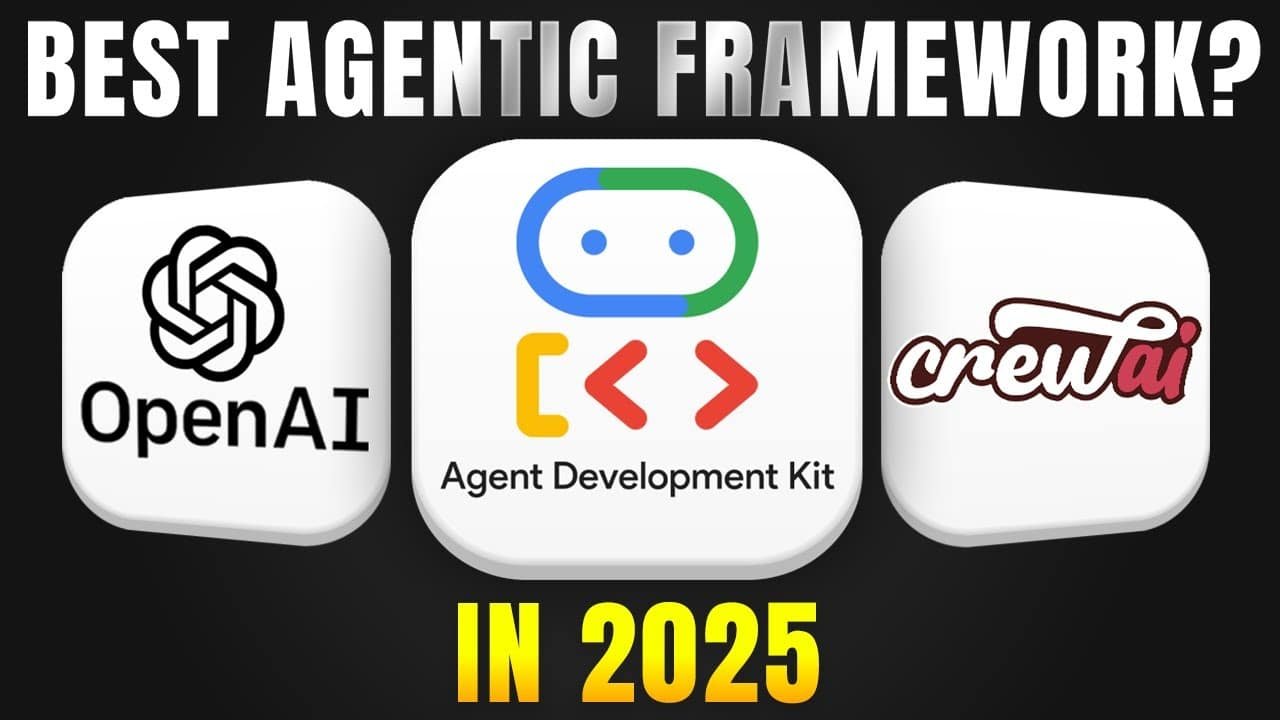
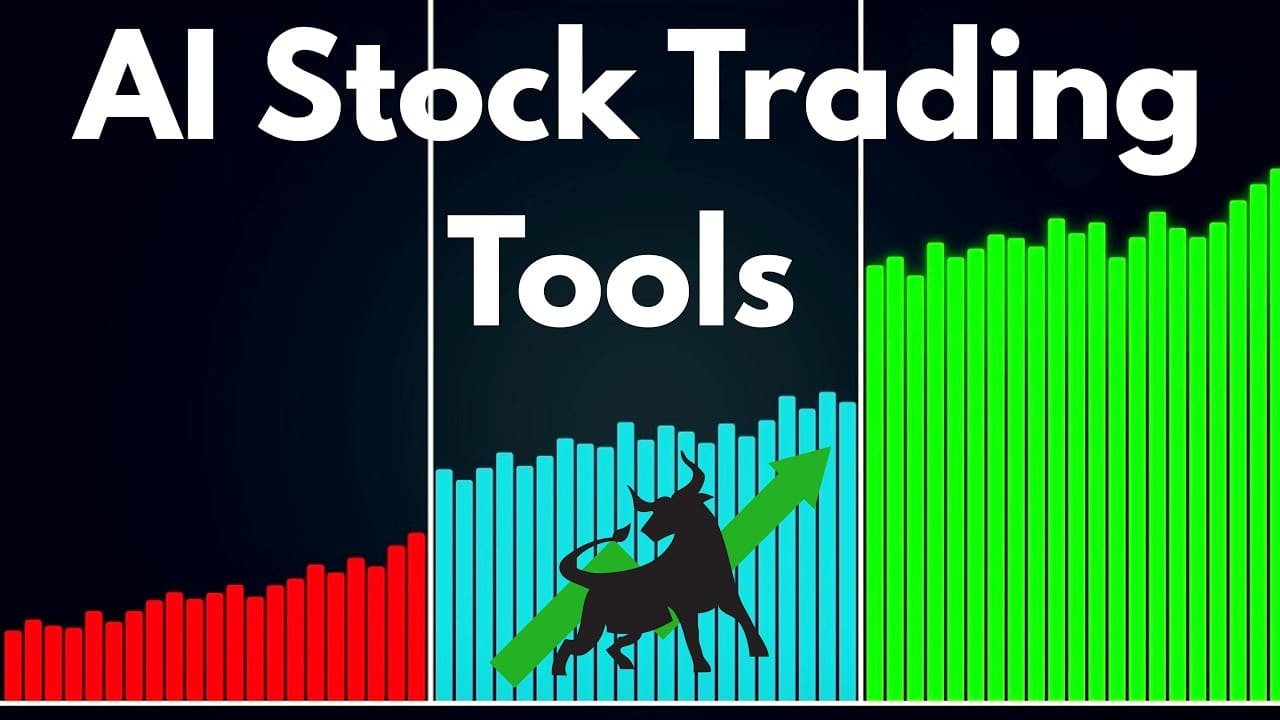
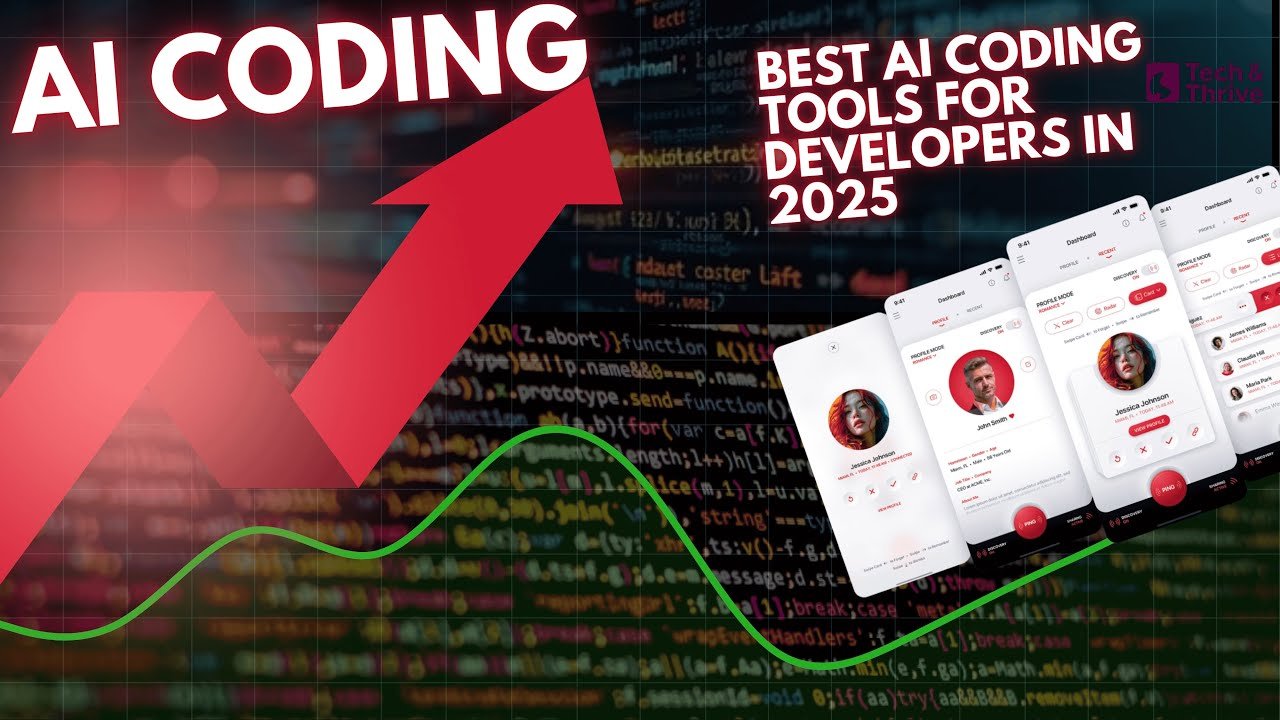
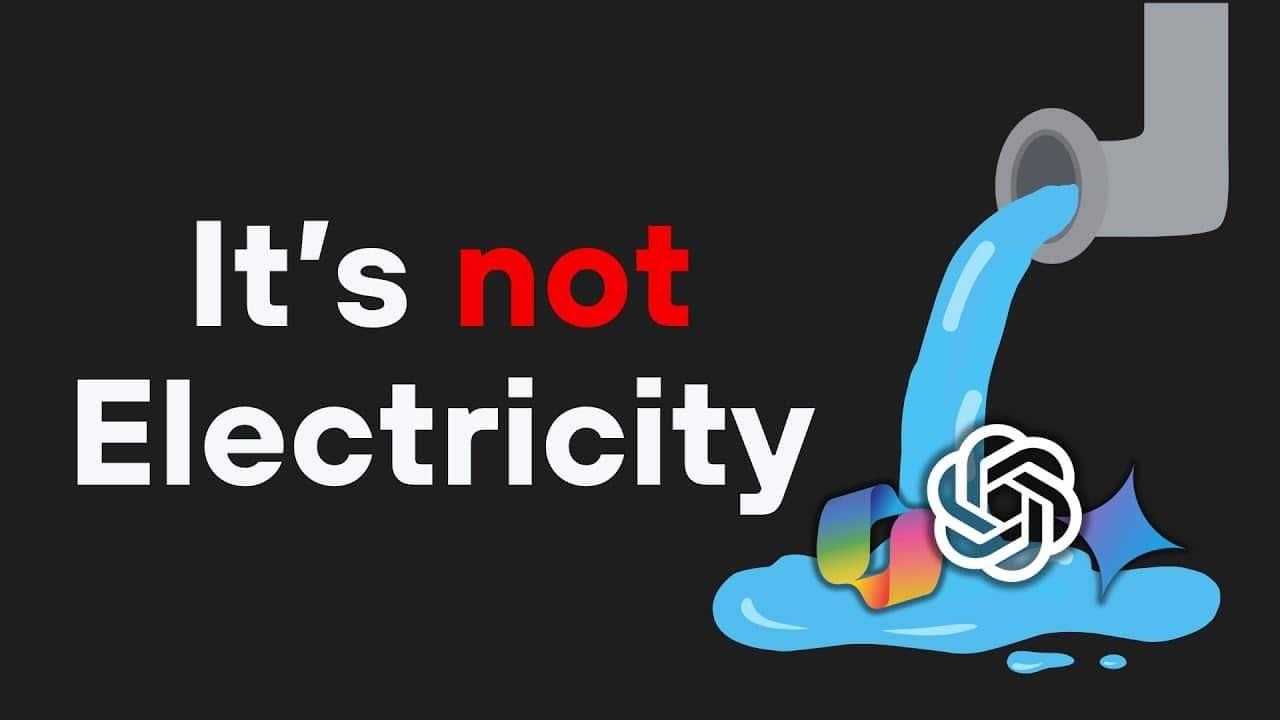
Thanks for finally writing about > Best AI Governance Certifications in 2025 – The Ultimate
Guide | AI Insider Daily < Loved it!